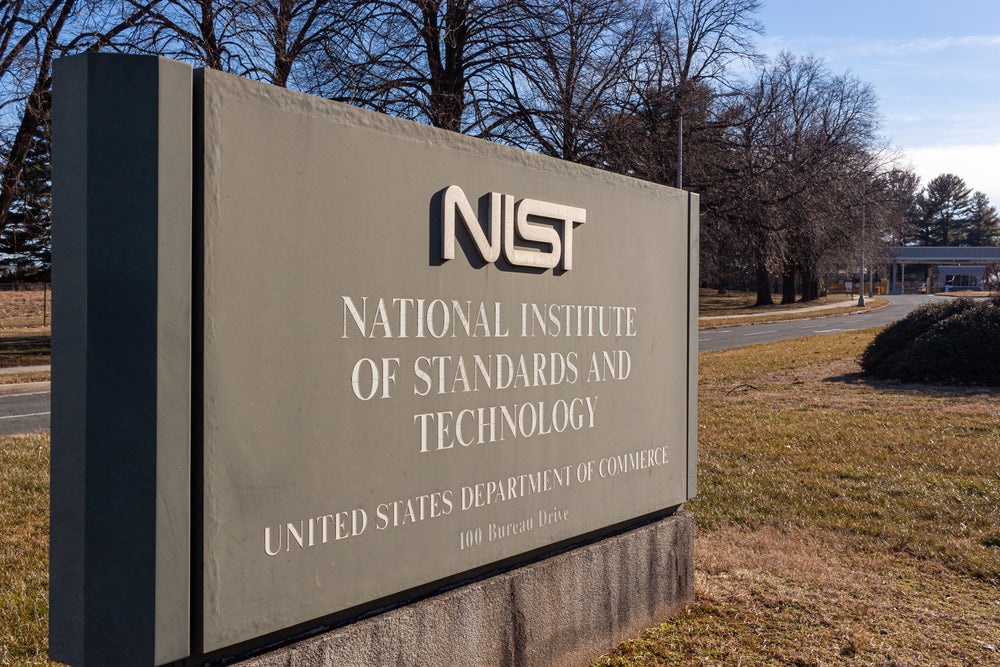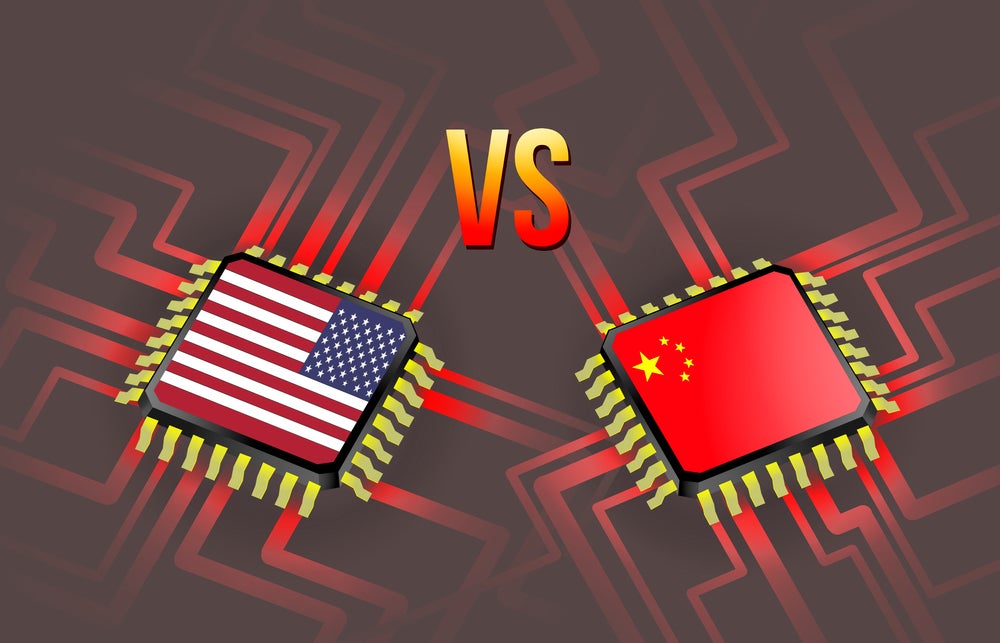
The US Department of Commerce’s National Institute of Standards and Technology (NIST) has finalised its principal set of encryption algorithms designed to withstand cyberattacks from a quantum computer.
Designed for two essential tasks for which encryption is typically used – general encryption, used to protect information exchanged across a public network, and digital signatures, used for identity authentication – they are the first from NIST’s post-quantum cryptography (PQC) standardisation project.
These post-quantum encryption standards secure a wide range of electronic information, from confidential email messages to e-commerce transactions and are ready for immediate use.
Deputy Secretary of Commerce Don Graves said: “The advancement of quantum computing plays an essential role in reaffirming America’s status as a global technological powerhouse and driving the future of our economic security.
“NIST is providing invaluable expertise to develop innovative solutions to our quantum challenges, including security measures like post-quantum cryptography that organizations can start to implement to secure our post-quantum future.”
NIST is encouraging computer system administrators to begin transitioning to the new standards as soon as possible.
The encryption algorithms’ computer code is contained in the standards alongside instructions for implementation and intended uses.
The standards are a result of an eight-year effort managed by NIST with the announcement of four algorithms that would be standardised back in 2022 and draft versions released last year.
Encryption tools rely on complex math problems that conventional computers find difficult or impossible to solve, however a sufficient quantum computer can break traditional encryption methods.
The NIST algorithms are based on a different type of mathematics which would prevent decryption by both a traditional computer and a quantum computer.
The agency has worked with cryptography experts around the world to conceive, submit and evaluate cryptographic algorithms that could resist the assault of quantum computers.
After assessing 82 algorithms from 25 countries, the top 15 were identified by NIST with the support of global cryptographers and formed the basis on the new standards.
Cybersecurity experts are now encouraged to incorporate these new algorithms into their systems.







